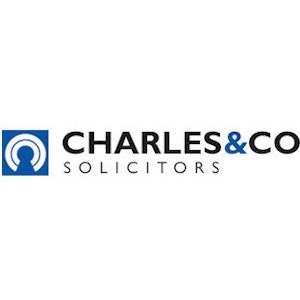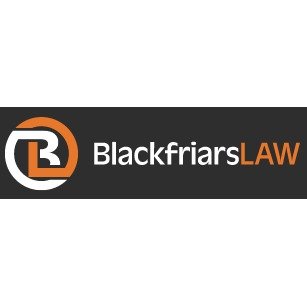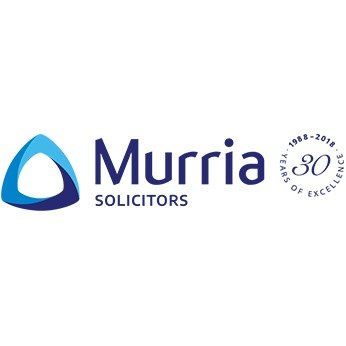Best Foreclosure Lawyers in Birmingham
Share your needs with us, get contacted by law firms.
Free. Takes 2 min.
Free Guide to Hiring a Real Estate Lawyer
List of the best lawyers in Birmingham, United Kingdom
About Foreclosure Law in Birmingham, United Kingdom
Foreclosure law relates to the process which allows a lender to recover the amount owed on a defaulted loan by selling or taking ownership (repossession) of the property securing the loan. The foreclosure laws in Birmingham, UK, similar to the rest of the United Kingdom, entail that a lender cannot repossess your property without permission from the court usually by getting a possession order. Protecting homeowners rights to a fair process, before, during and after repossession.
Why You May Need a Lawyer
When facing foreclosure, having a lawyer has numerous benefits. For instance, a lawyer can help you understand your rights and options under the UK's foreclosure laws, negotiate with your lender, represent you during court proceedings, and explore alternatives to foreclosure, such as loan modifications or short sale. A lawyer could also possibly help you avoid foreclosure altogether, or at the very least alleviate some of the stress and confusion you may experience during the process.
Local Laws Overview
The UK operates under a "judicial foreclosure" system, whereby the lender must go to court to get a possession order to evict homeowners. After the court grants this order, and the repossession occurs, homeowners in Birmingham have a limited "redemption" period during which they can recover their property, typically by paying off their default, including all legal costs incurred by the lender. It is also within the borrower's rights in the UK to seek assistance from the local authority housing department should they become homeless as the result of foreclosure.
Frequently Asked Questions
What is the Foreclosure Process?
The lender must first apply to the court for a possession order. A notice will be sent to you informing about the lender's intent and the hearing date. If the court agrees with the lender, a possession order is granted, which will give you a date by which you must leave the property.
Can I Stop a Foreclosure?
In some cases, yes. You can try to pay the due amount, apply for a loan modification, or seek bankruptcy protection. It's crucial to consult with a legal adviser to understand your best options.
What Happens After Foreclosure?
If the property is repossessed, the homeowner has a limited period to redeem it by settling the dues. If the property is sold and the proceeds cover the defaulted debt, the remaining funds are returned to the homeowner. If funds do not cover the default, the lender may pursue the remainder debt.
Can I get my house back after foreclosure?
Yes, during the 'redemption period', the law allows the homeowner to pay off their default and retain ownership of their property. The length of this period can vary and you may wish to seek legal advice.
What is a possession order?
This is a legal document issued by the court stating that the lender has the right to take ownership of your property mainly due to a default in mortgage repayments.
Additional Resources
The Citizen’s Advice Bureau and Shelter offer a wealth of free advice and resources that can provide valuable help and guidance. The Financial Conduct Authority (FCA) regulates UK's financial services and can provide information about legal rights during foreclosure. The National Homelessness Advice Service also provides advice about housing and homelessness.
Next Steps
If you're facing foreclosure, it's essential to seek legal advice immediately to ensure your rights are upheld and explore possible ways to avoid foreclosure. Contact a local lawyer specializing in foreclosure and schedule a consultation. Also consider speaking with financial advisers to potentially rectify your financial situation.
Lawzana helps you find the best lawyers and law firms in Birmingham through a curated and pre-screened list of qualified legal professionals. Our platform offers rankings and detailed profiles of attorneys and law firms, allowing you to compare based on practice areas, including Foreclosure, experience, and client feedback.
Each profile includes a description of the firm's areas of practice, client reviews, team members and partners, year of establishment, spoken languages, office locations, contact information, social media presence, and any published articles or resources. Most firms on our platform speak English and are experienced in both local and international legal matters.
Get a quote from top-rated law firms in Birmingham, United Kingdom — quickly, securely, and without unnecessary hassle.
Disclaimer:
The information provided on this page is for general informational purposes only and does not constitute legal advice. While we strive to ensure the accuracy and relevance of the content, legal information may change over time, and interpretations of the law can vary. You should always consult with a qualified legal professional for advice specific to your situation.
We disclaim all liability for actions taken or not taken based on the content of this page. If you believe any information is incorrect or outdated, please contact us, and we will review and update it where appropriate.













